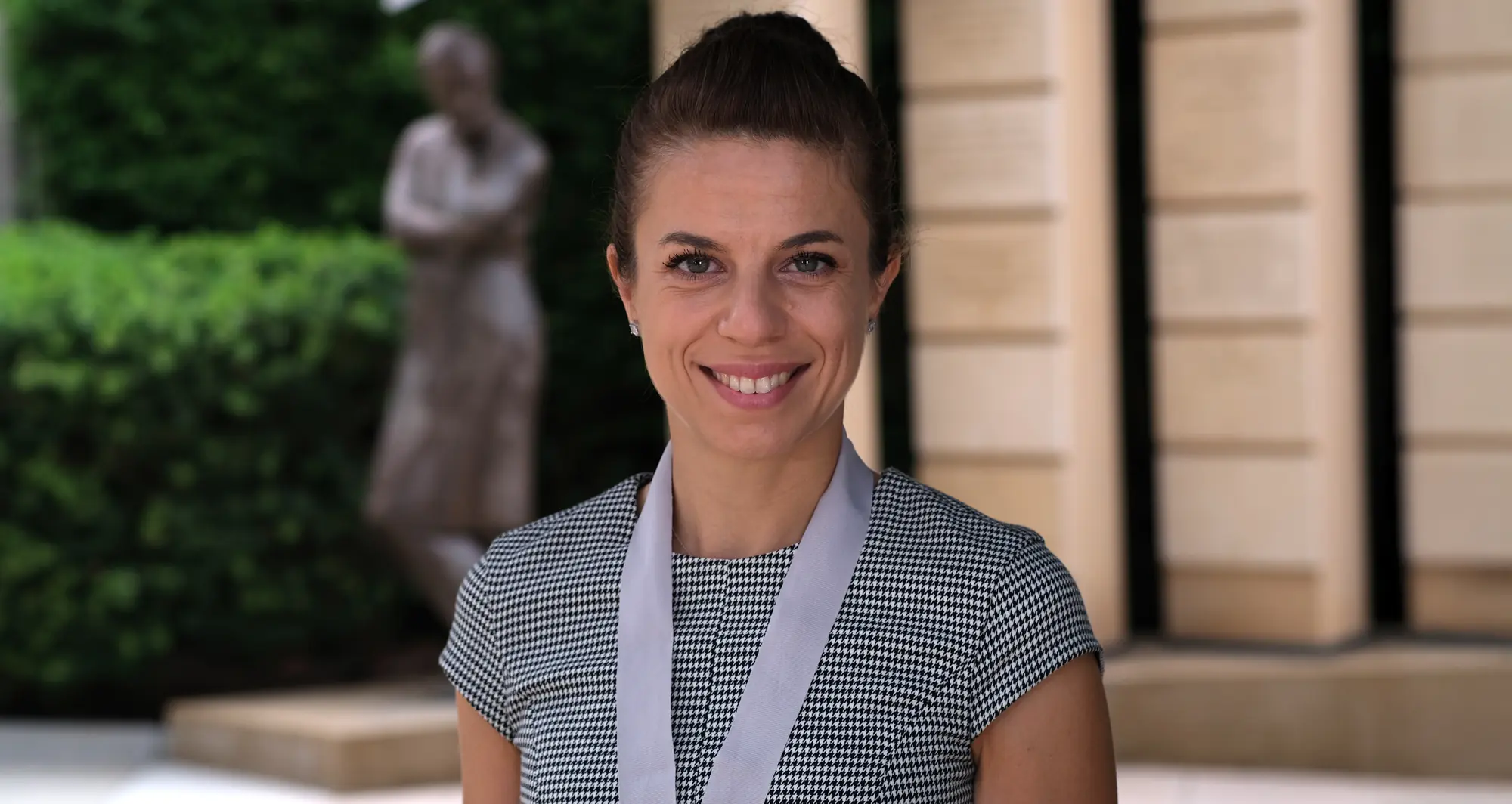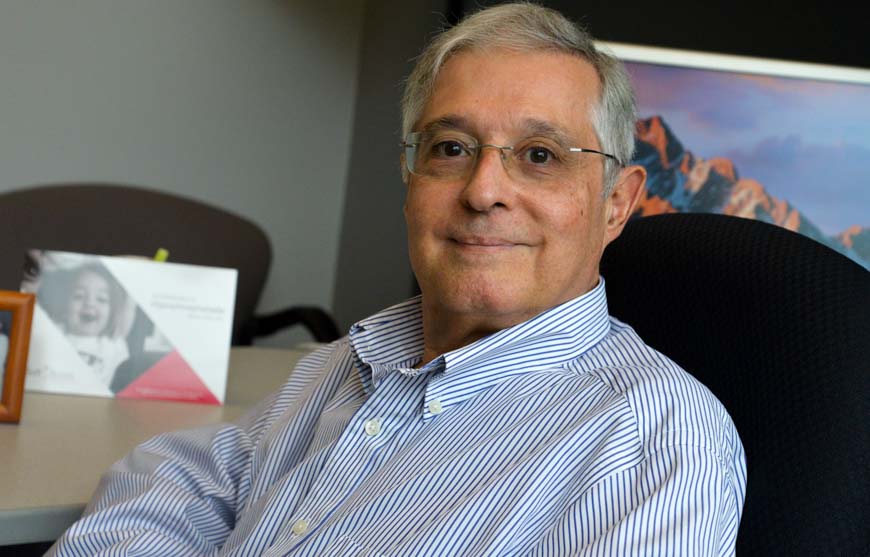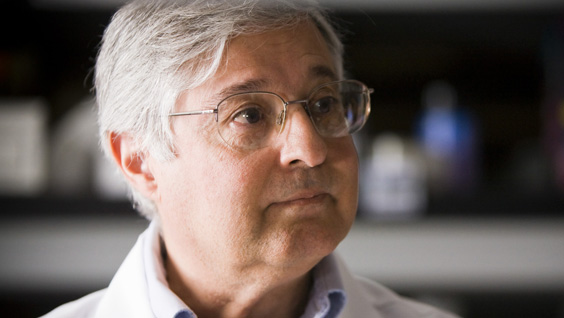Hypophosphatasia (HPP) is a rare genetic disorder in which bones and teeth fail to take up sufficient calcium and phosphorus needed to achieve proper hardness and strength. Defective mineralization results in bones that are soft and prone to fracture and deformity, and the loss of teeth. Occasionally, HPP can cause death due to complications.
Prevalence varies by severity and age of onset. It is rarest but most severe at birth (1 in 100,000 live births), with lower prevalence and milder forms in later years. The condition can manifest at any age.
The cause of HPP is a mutation in an enzyme called tissue-nonspecific alkaline phosphatase (TNAP), which plays a critical role in skeletal and dental mineralization. In 2015, an enzyme replacement therapy developed by José Luis Millán, PhD, a professor in the Human Genetics Program at Sanford Burnham Prebys, was approved to treat pediatric onset HPP, dramatically improving patients’ lifespan and quality of life.
But the effects of TNAP deficiency appears to extend beyond faulty mineralization. HPP patients also experience altered immune responses, suggesting TNAP might have a role in immune cells.
Recently, Soft Bones, an advocacy group for HPP patients, awarded Valeria Guglielmi, PhD, a postdoctoral associate in Maximiliano D’Angelo’s lab, with a one-year, $25,000 seed grant to further investigate the involvement of TNAP in inflammatory responses and immune cell functions.
“This study is in line with my broad interest for immune cells and their contribution to tissue homeostasis and diseases,” said Guglielmi. “I am excited to explore an entirely new area of investigation on HPP.
“Indeed, very little is known about the role of TNAP in the immune system and only a few studies have provided evidence of TNAP involvement in immune cell function. By uncovering how TNAP deficiency affects inflammatory responses, our research represents the first step toward designing interventions to improve immune system dysfunctions in HPP patients.”
Read Soft Bones’ full news release on the award to Guglielmi on Facebook and Instagram.


